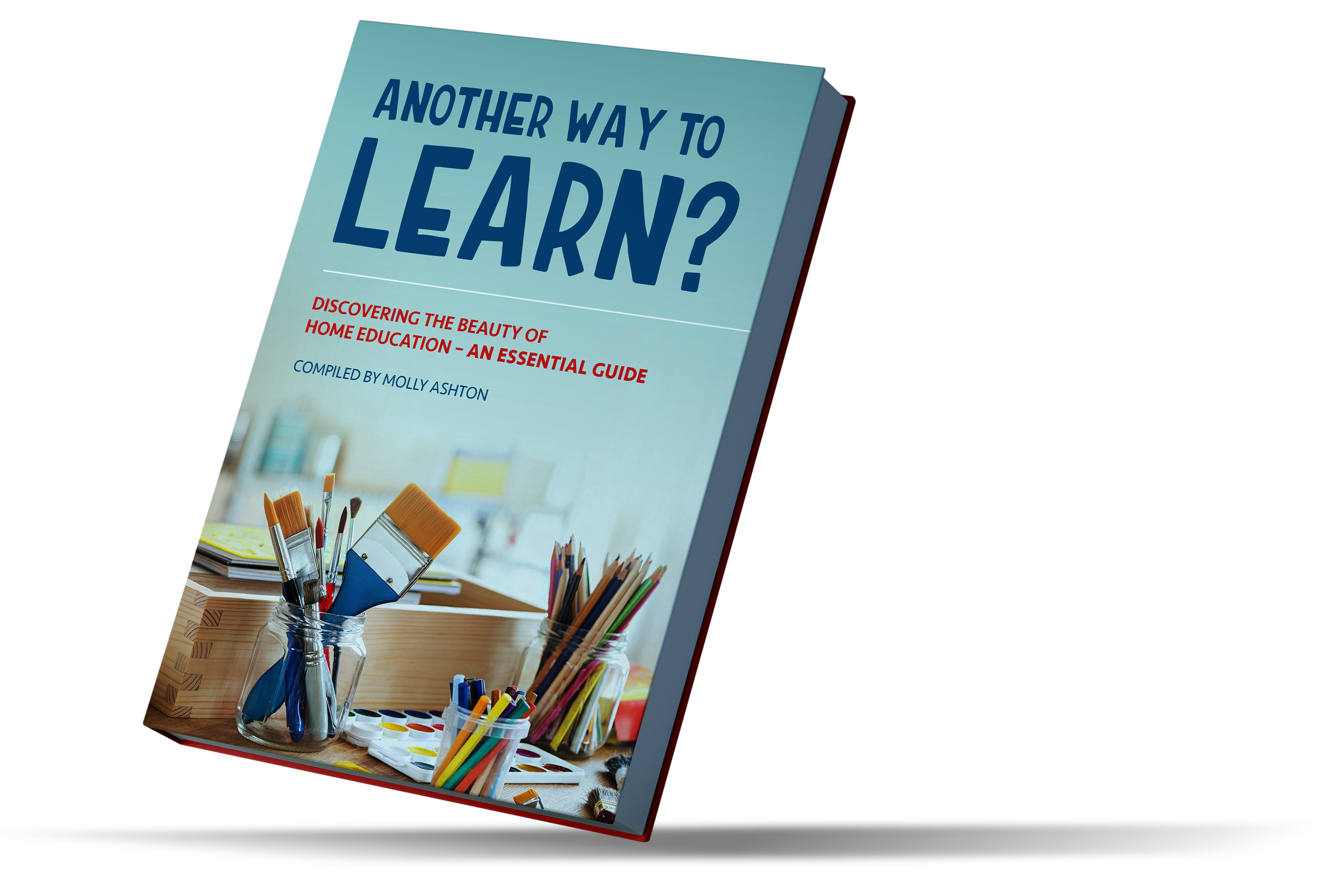Exploring the Teen Years
Before I had my own children, I was a teacher at a private girls’ school in England, and two things troubled me about the pressures that were put on my students. The first was performance-based where outcomes mattered more than the process of learning, and this, in turn, led to the second, that is, the way that pragmatism drove their choices of exam subjects while pruning out many of the subjects they really loved.
These were such different mindsets from the liberal arts education system that I grew up within the US and became a big motivator for my home-educating my own four children. It turned out that the path we chose for this journey was like “the road less travelled” in many ways, but being 20+ years down the way, it’s clear that there are two things about “delight-directed learning” that give me enormous peace of mind. The first is the freedom of exploring the things a child loves, and this in turn leads to the second, the satisfaction of seeing how a child grows into a lifelong learner.
We will never teach our children all they need to know in the few years that we have to guide their educational journey, so it stands to reason that the best thing we can do for them is nurture their love for learning. Then they are better equipped for the path they carve out for themselves.
My chapter explores what it means to pursue delight-directed learning, why might one do it, and how is it implemented? What are its benefits, particularly where secondary students are involved and there is so much pressure to take GCSE/A-level exams? What are the downsides?
I know there will be a lot of questions, but home educators are very good at questioning almost every decision they make anyway, so here’s help to give you a broad map of the idea, and the courage to carve your own path that’s right for your family.
A native of Texas, Dr Kat Patrick studied, taught, and home educated in Oxfordshire for twenty-five years. She has home-educated her four children for almost two decades now, two of whom are at university and two in secondary. Because she grew up and studied in the US before living most of her adult life in Oxfordshire as a teacher and UK examiner, she has always been passionate about underpinning a child’s studies with a broad, liberal arts education. She speaks on this topic on numerous podcasts and at conferences and runs Dreaming Spires Home Learning.



